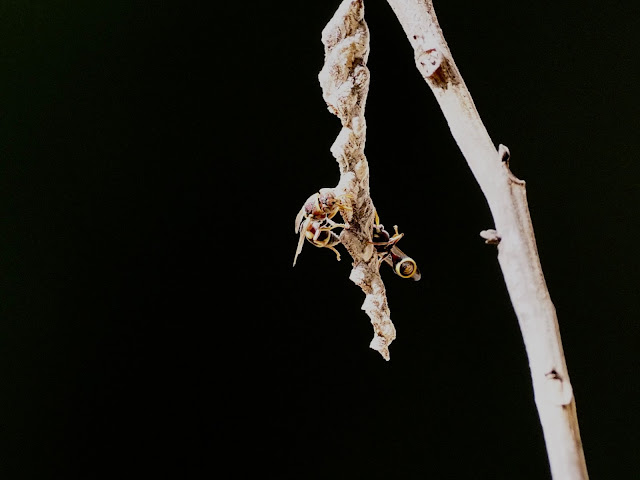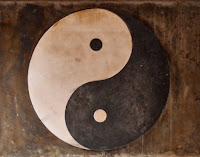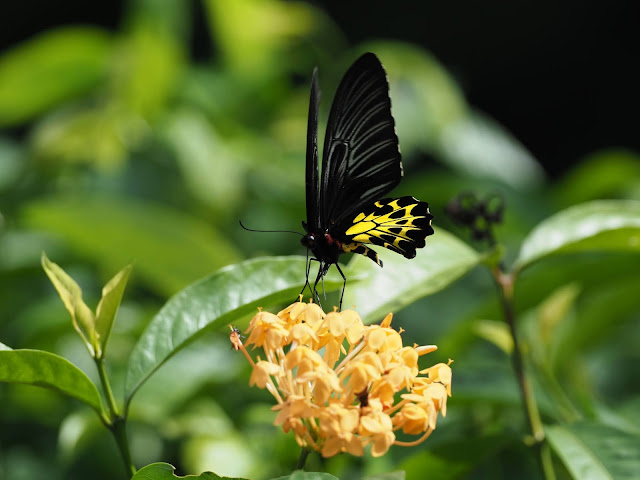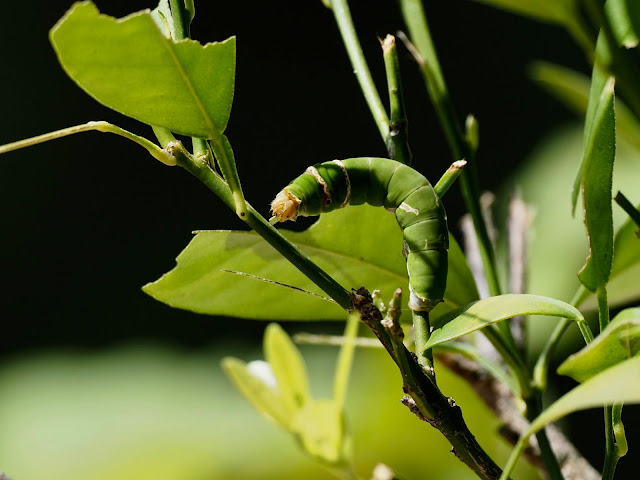 |
| wisdom in traditional chinese medicine |
29. TCM (how the Yellow Emperor’s Canon of Medicine (Huang Di Nei Jing Su Wen) uses the Tao Te Ching and Yi Jing)
1. (*Chinese characters which share the same pronunciation have the same origin)
‘One’ in the Origin of Chinese characters was a dot (circle); it refers to Taiji (a state of Yin and Yang in complete harmonious relationship).
The TTC relates the origin of human –
Tao engenders one
One engenders two
Two engenders three
Three engenders everything
This is the syncretism between heaven and man.
Before the formation of the universe, there was Tao, there was obscure but physical existence. Tao engenders One which is Taiji, then One forms Two – Two is Qing Yang which is in the heaven, and Zhou Yin which is in the earth.
When Yang increases heaven is formed, when Yin declines earth is formed, so heaven and earth became Two, then as One engenders Two, Two engenders Three, earth Qi constantly rises while heaven Qi declines, the state of Qi with motions of heaven and earth was formed, this is Three, i.e. when all creatures on earth were produced.
What is the essence of man? According to TCM, in the TTC, human is everything, the most perfect product of Yin and Yang. The essence is that Yin and Yang must be balanced (core philosophy of TCM).
2. In the Chinese culture, an important idea is that man is the lord of creation –
Man follows Earth,
Earth follows Heaven,
Heaven follows Tao,
Tao follows Nature –
Why is this said?
Man has the capacity to put heaven and earth together – look at the philtrum. When a person is in the womb, it is called the “nine obstructed orifices” – the navel is connected with the mother. All other orifices are closed. When the baby is born, the “nine orifices” open. The orifice is the channel between independent life and the nature. The channel is open. How are the nine orifices distributed –
Above the philtrum: three even numbers
Two eyes
Two ears
Two nostrils
Below the philtrum: three odd numbers
One mouth
One external genitalia
One anus
Three even numbers = Kun trigram, which means earth
Three odd numbers = Chien trigram, which is heaven
However, originally heaven is above and earth is below, but how can man follow heaven and earth?
Earth Qi must rise and heaven Qi must decline. At this point, man is alive.
When the nine orifices are distributed, earth Qi rises so above is even number, heaven Qi declines, so below is odd number, therefore, the philtrum is where Yin and Yang meet.
When man is born, he follows heaven and earth. When earth Qi rises, heaven Qi declines, then man is alive.
When you faint, earth Qi no longer rises, heaven Qi no longer declines, so pinch the philtrum so that heaven and earth Qi can start to run again.
3. Tai hexagram (Tai kua) in the Yi Jing is where heaven and earth meet, this is the relationship between TCM and the Yi Jing. Yi in Yi Jing is represented by the sun and moon pictograph. The sun and moon are forever changing, moving all the time. Therefore, the Yi represents motions and changes in nature, Yin and Yang. In TCM, what regular rules Yin and Yang, have in the process of a man’s growth?
Yi Jing (also known as Zhou Yi) has three basic meanings –
1. Variation – always changing
2. Simple (jian yi), i.e. all movements in nature are inseparable like the changes of sun and moon, and the sun and moon represent Yin and Yang. Therefore, TCM says that the essentials of all changes shall be known. TCM states that understanding the Yin and Yang will understand all the change rules in the world. It uses the changes of Yin and Yang in nature to understand the change rules in the world.
3. Hard (bu yi). Between heaven and earth, Qi is moving and changing – it has fixed and regular rule but it is not like this on the first day.
In summary, the Yi Jing has three meanings – change and variation, simple yi and hard yi.
(*yi as in yi of Yi Jing)
* Sharing a nugget of vitality, not to be swallowed whole.















